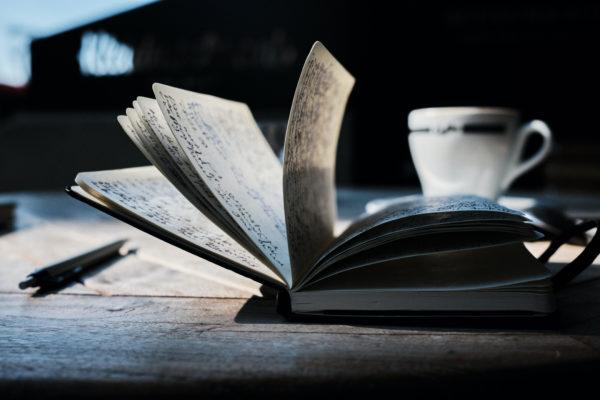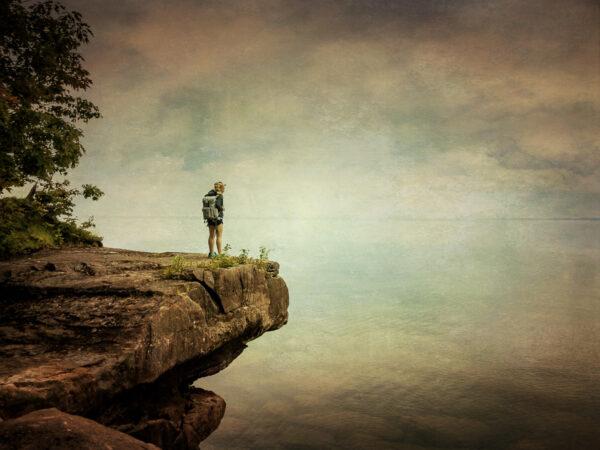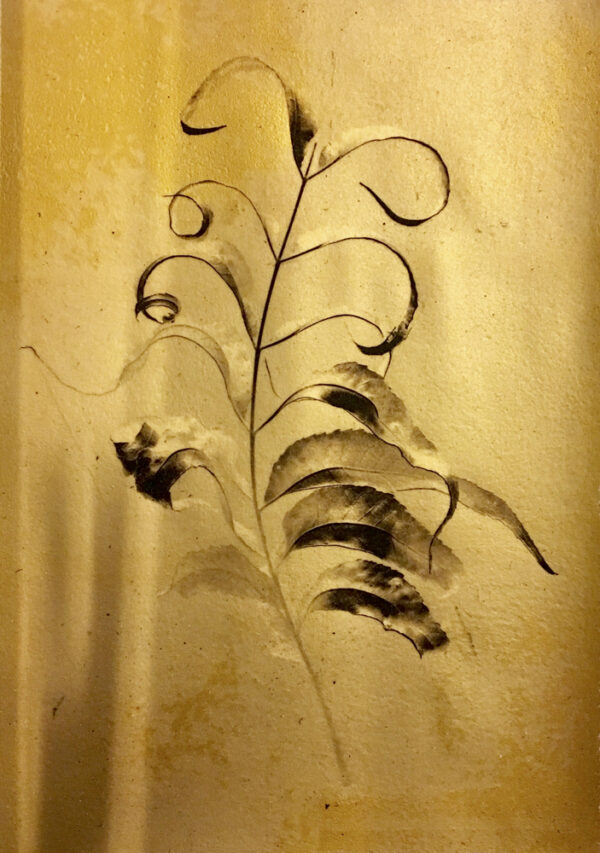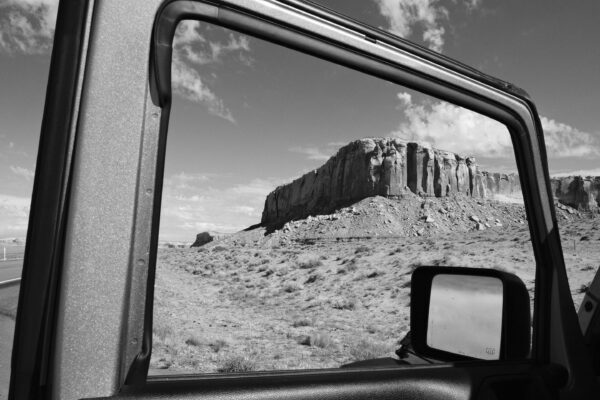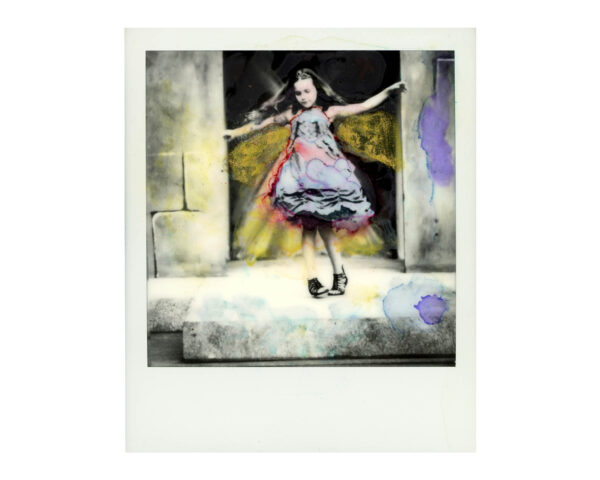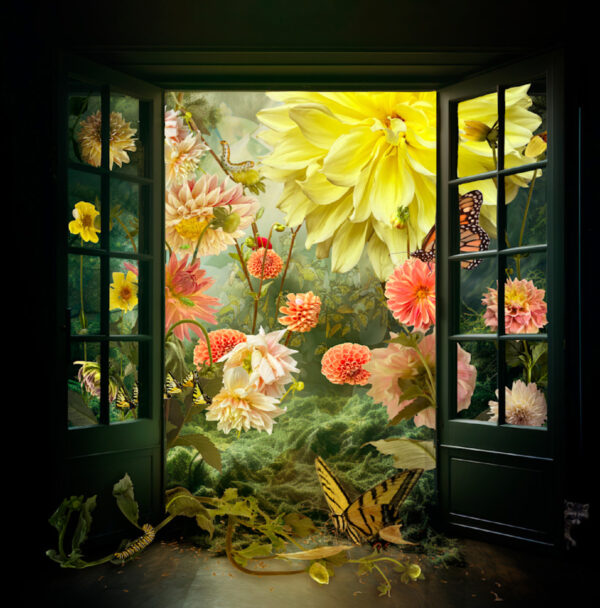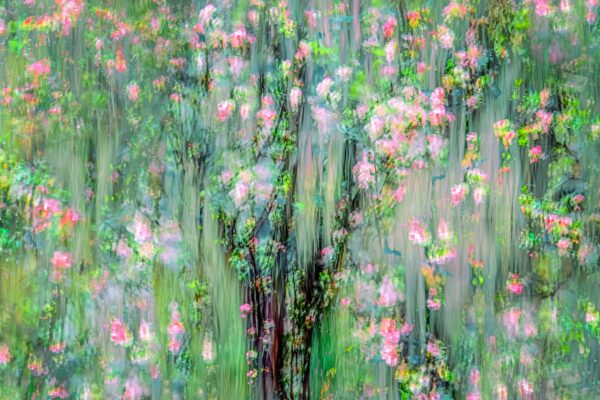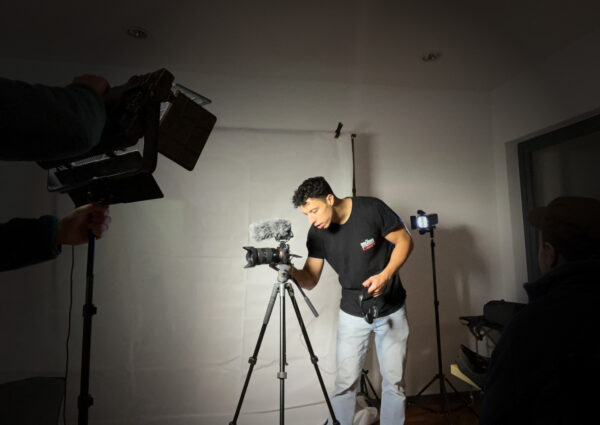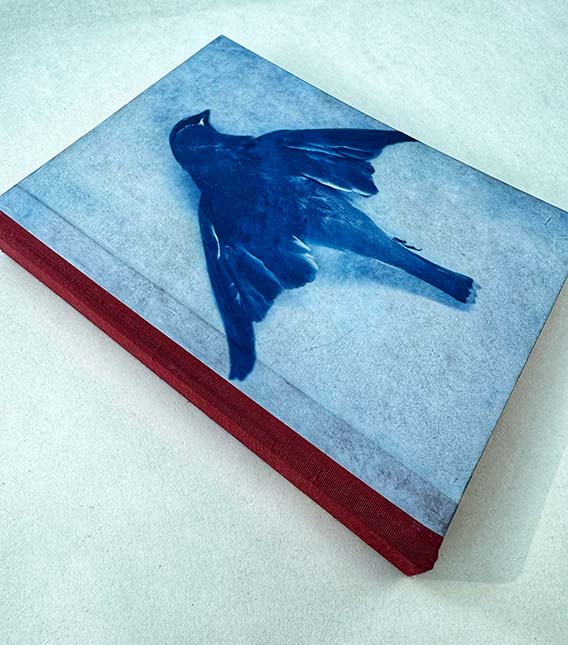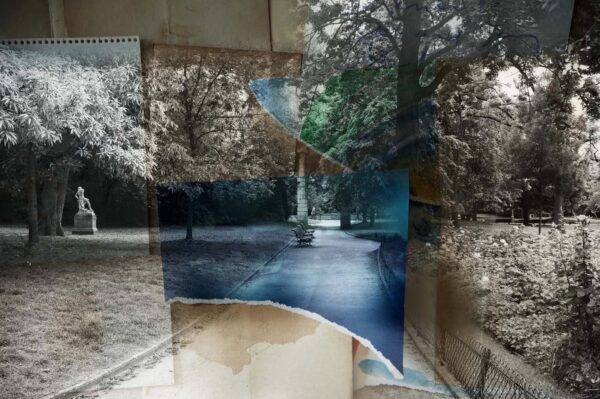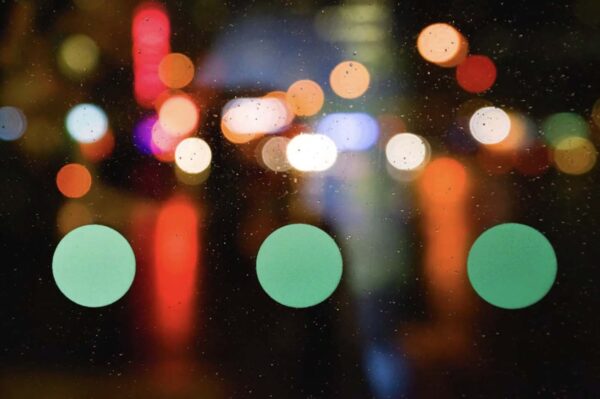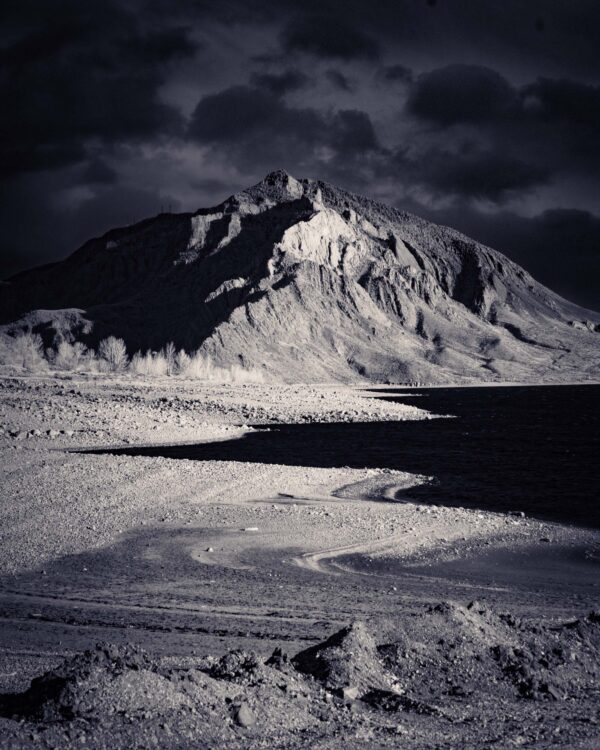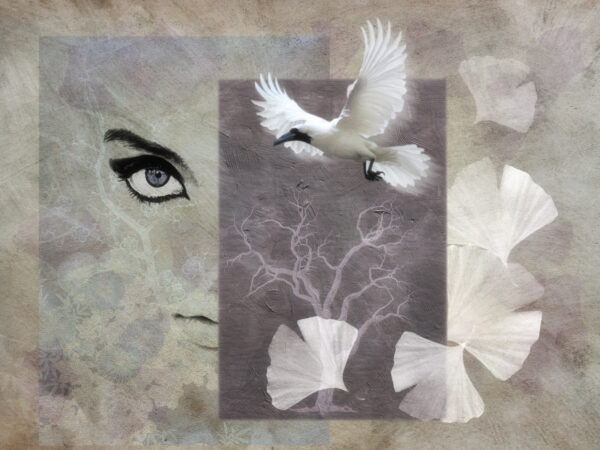Photographic Haiku
with M. H. Rubin
January 6 – 23, 2026
-
Tuition $625.00
Sorry, this workshop is full. Now accepting sign-ups for waitlist.
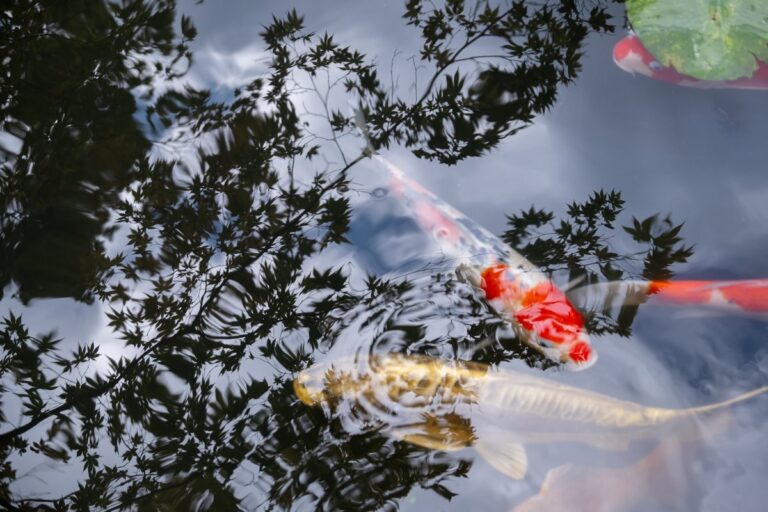
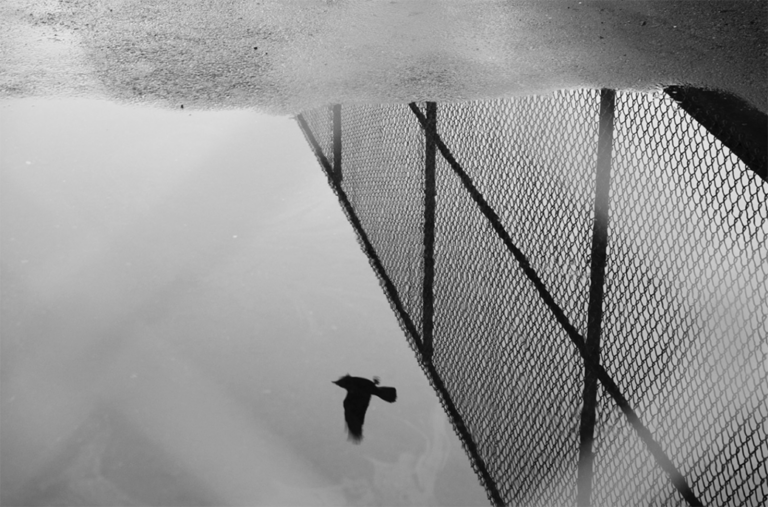

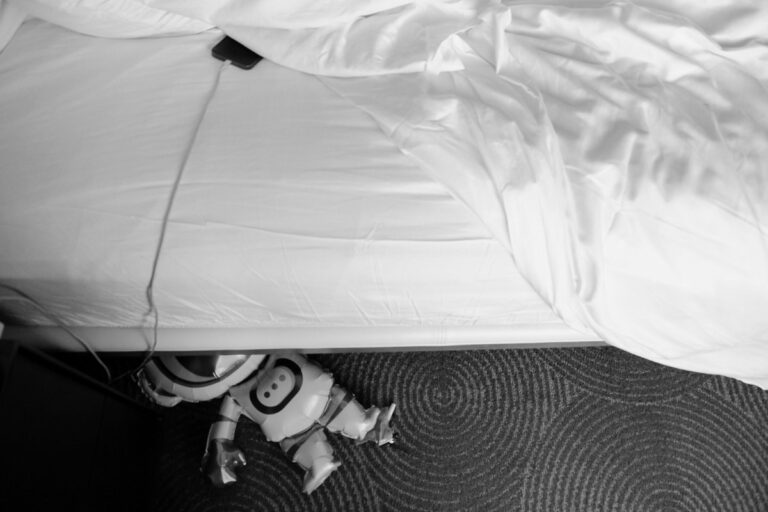
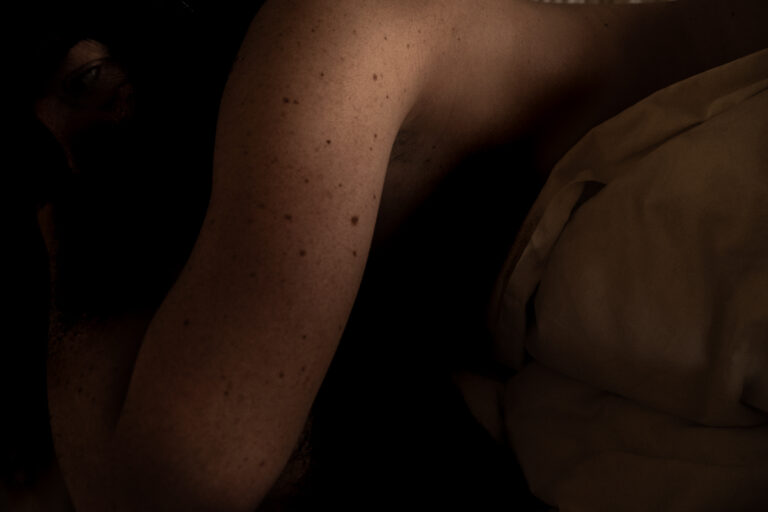
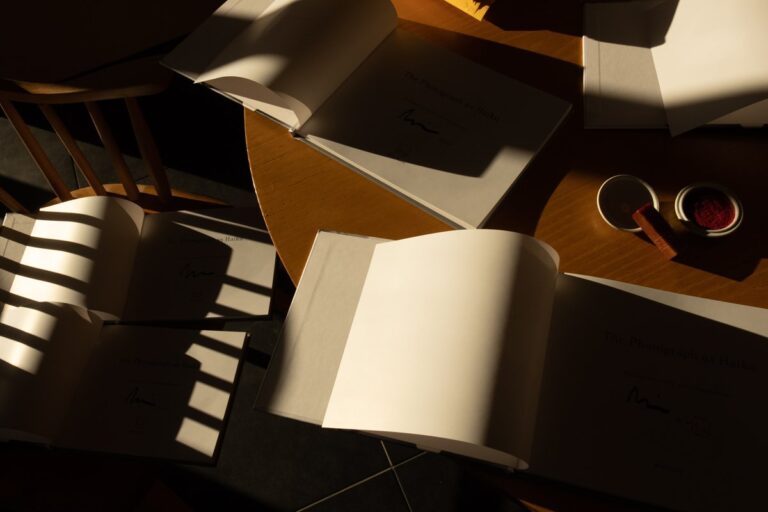
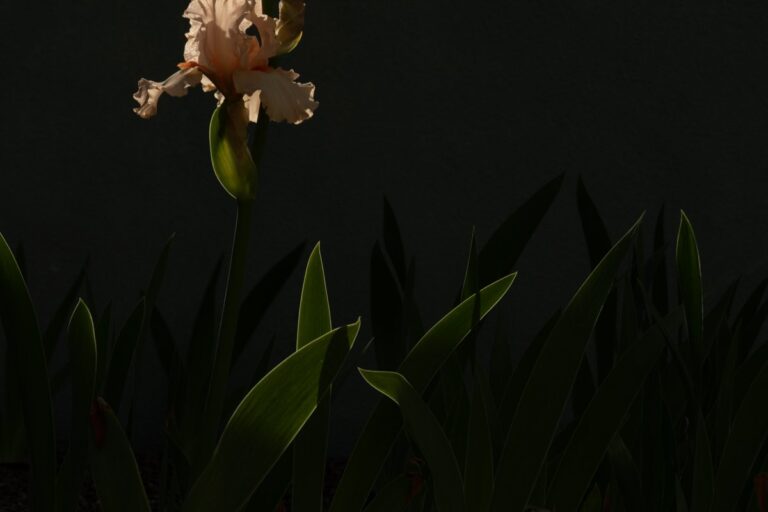
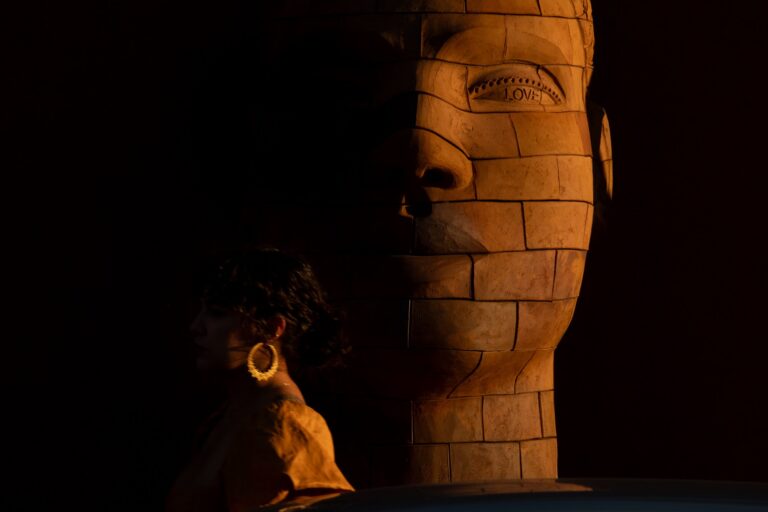
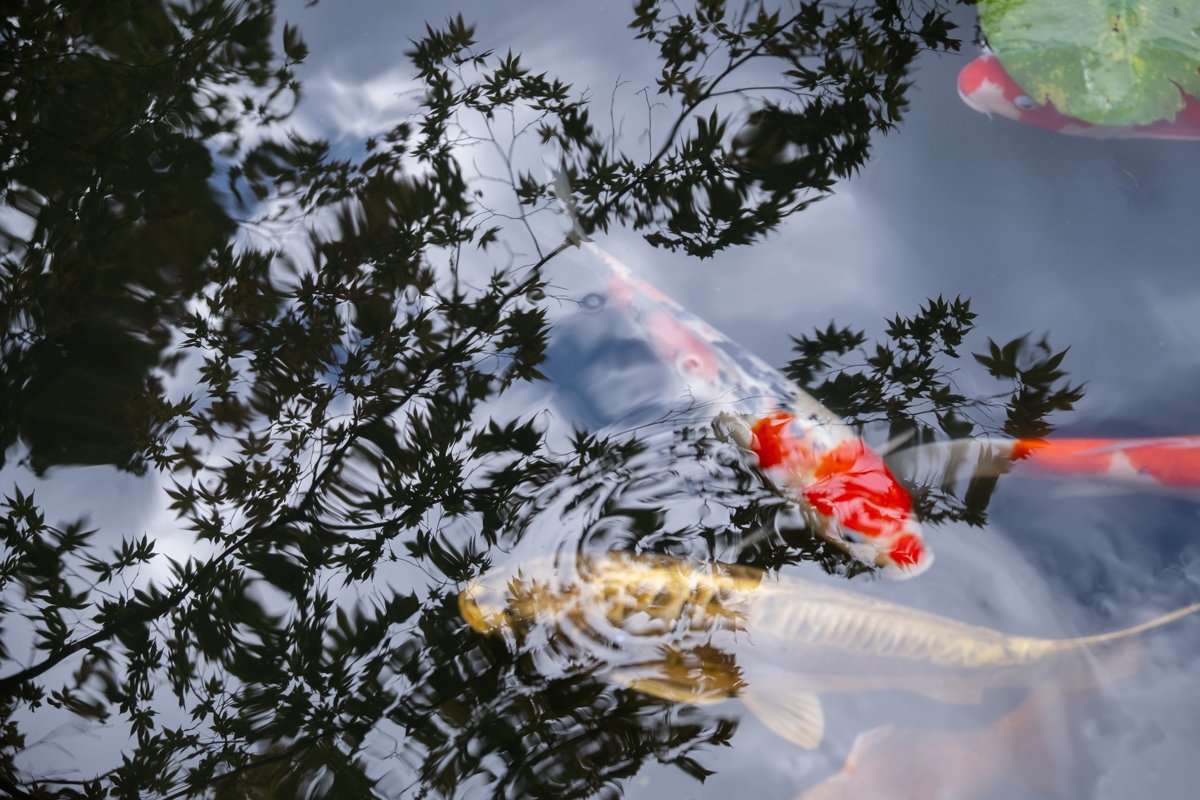
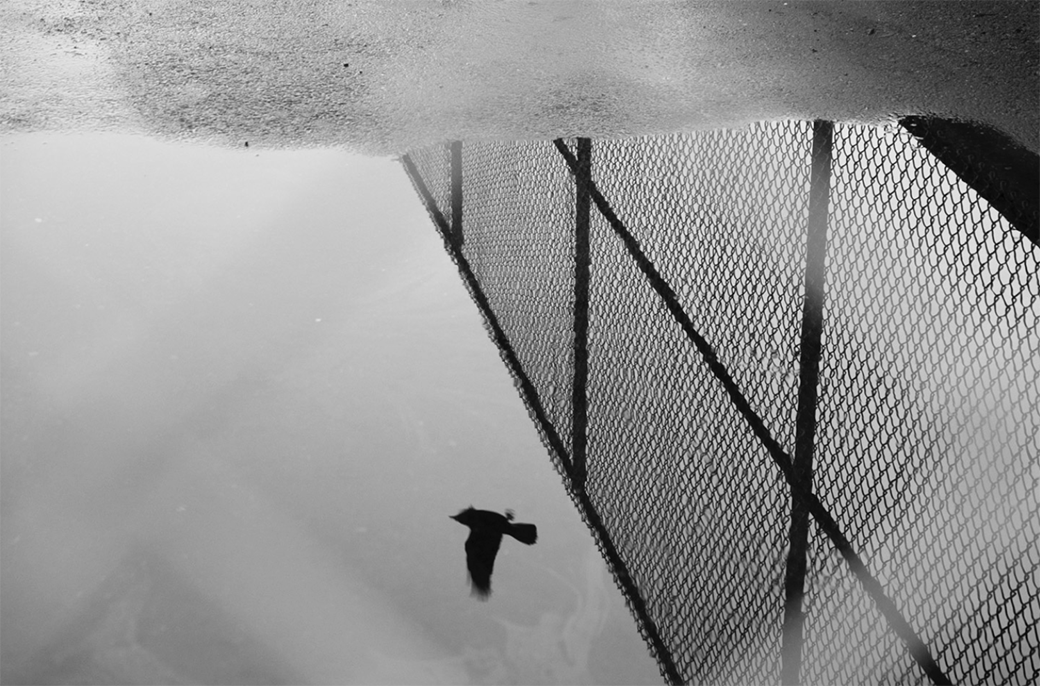

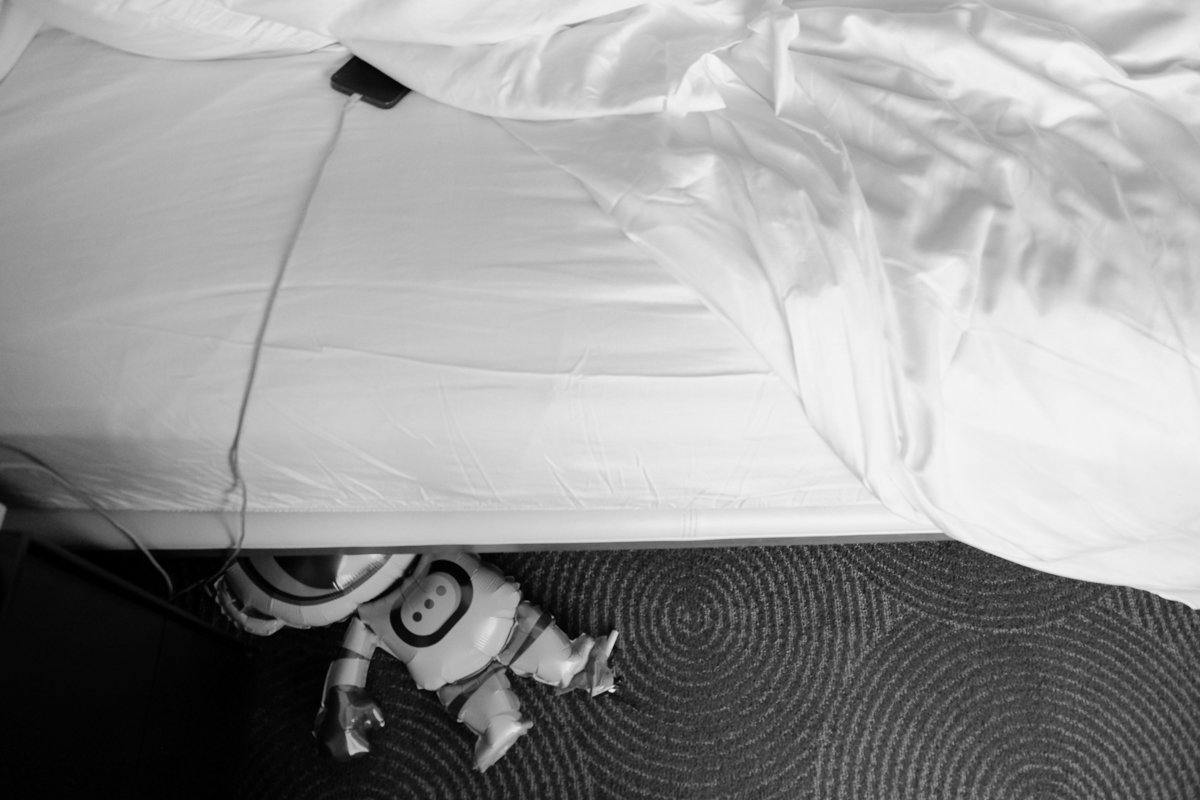
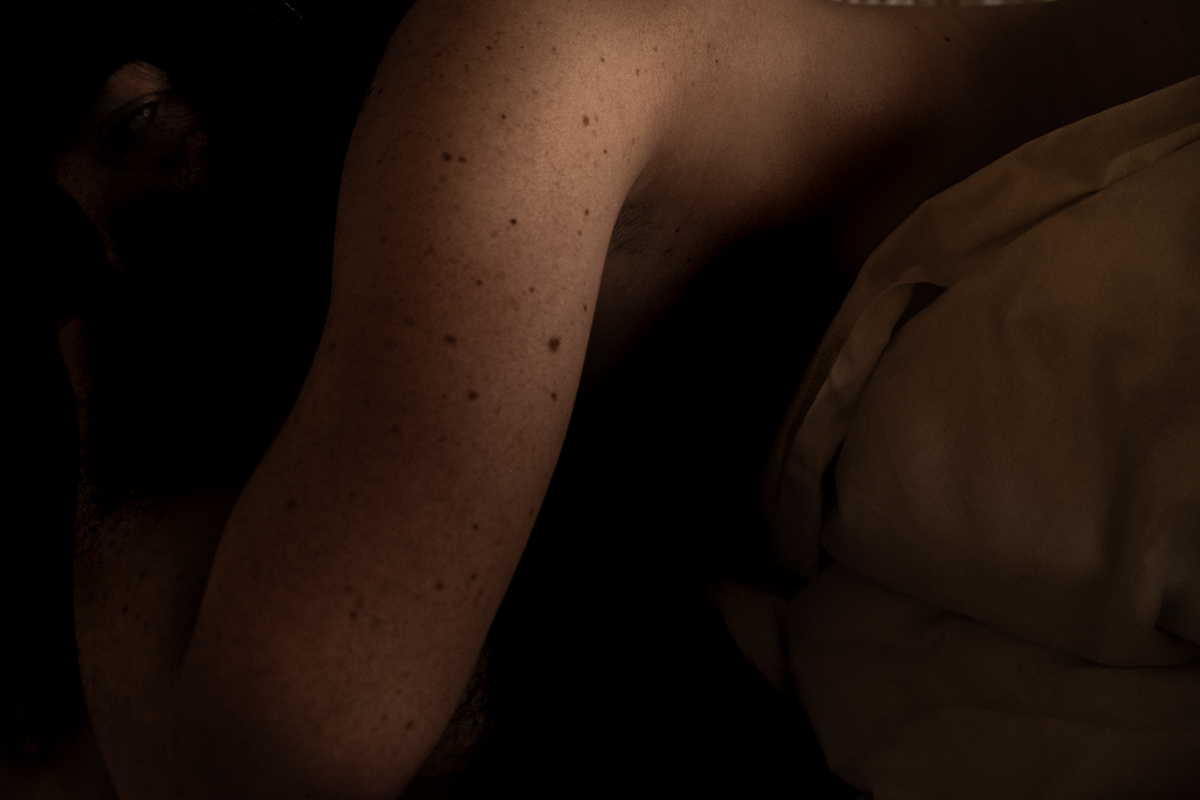
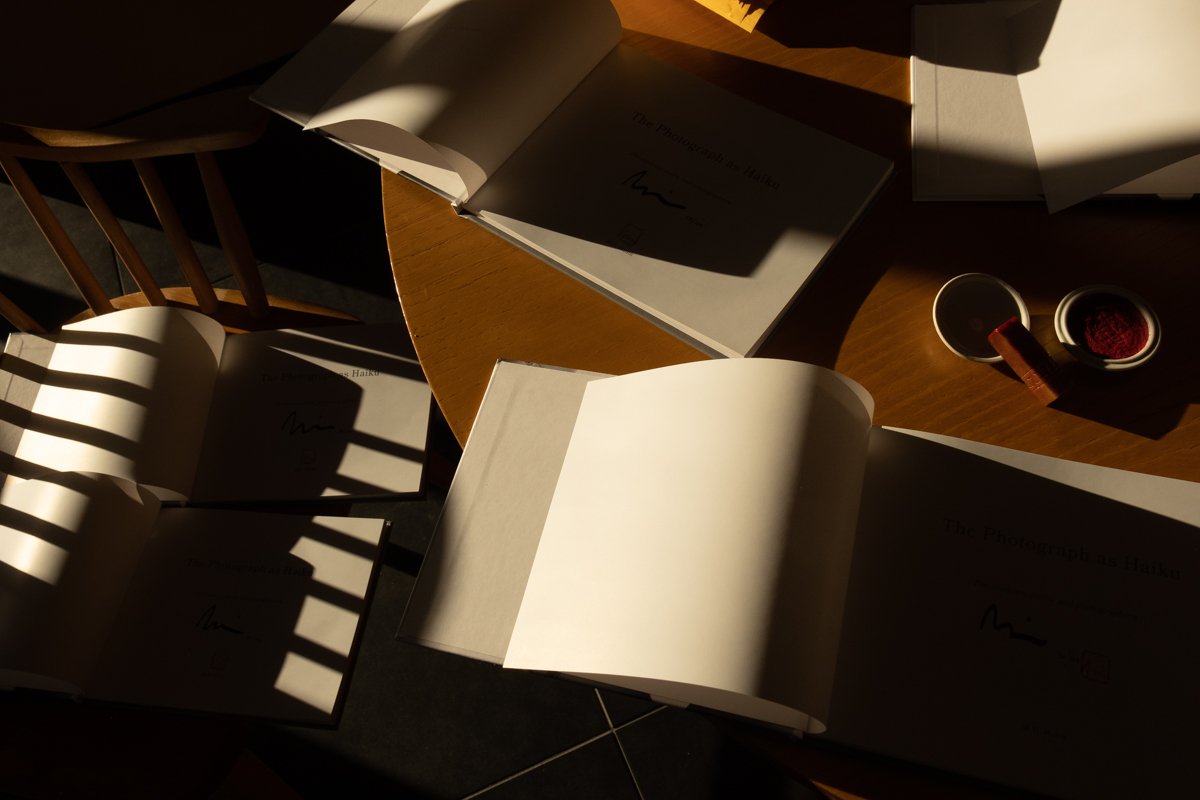
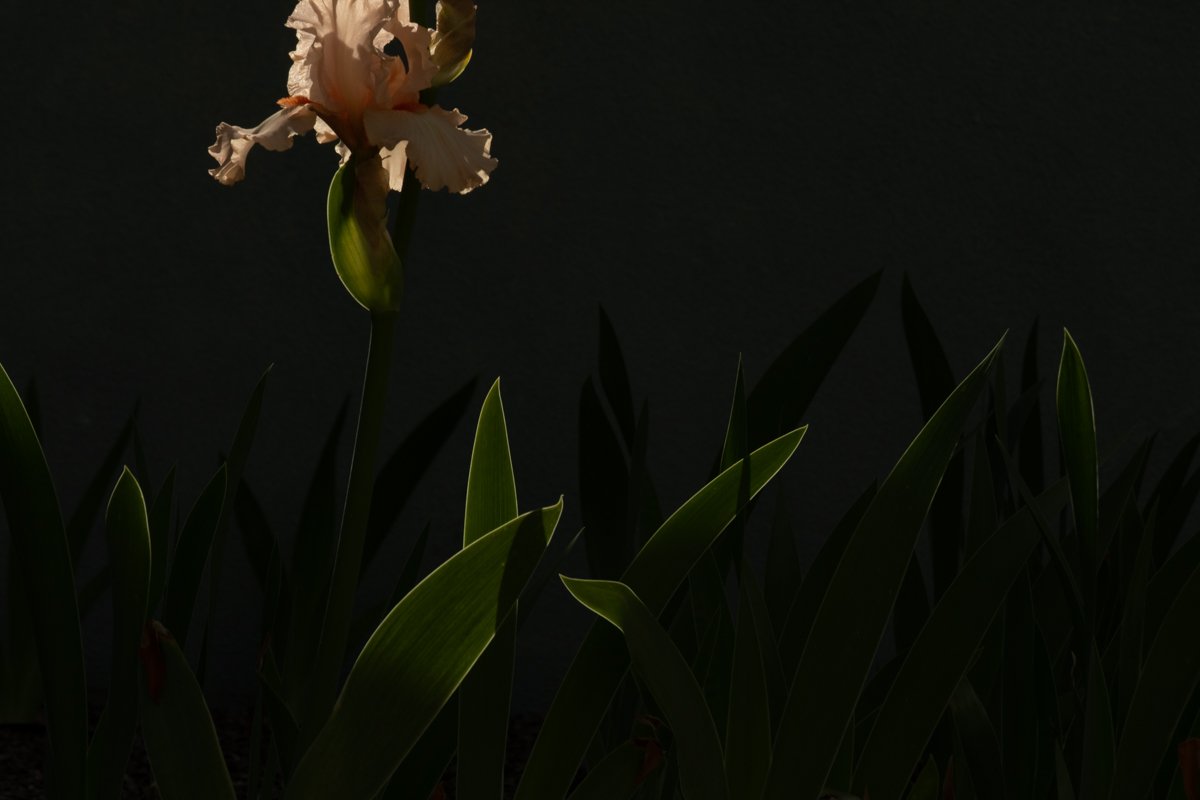
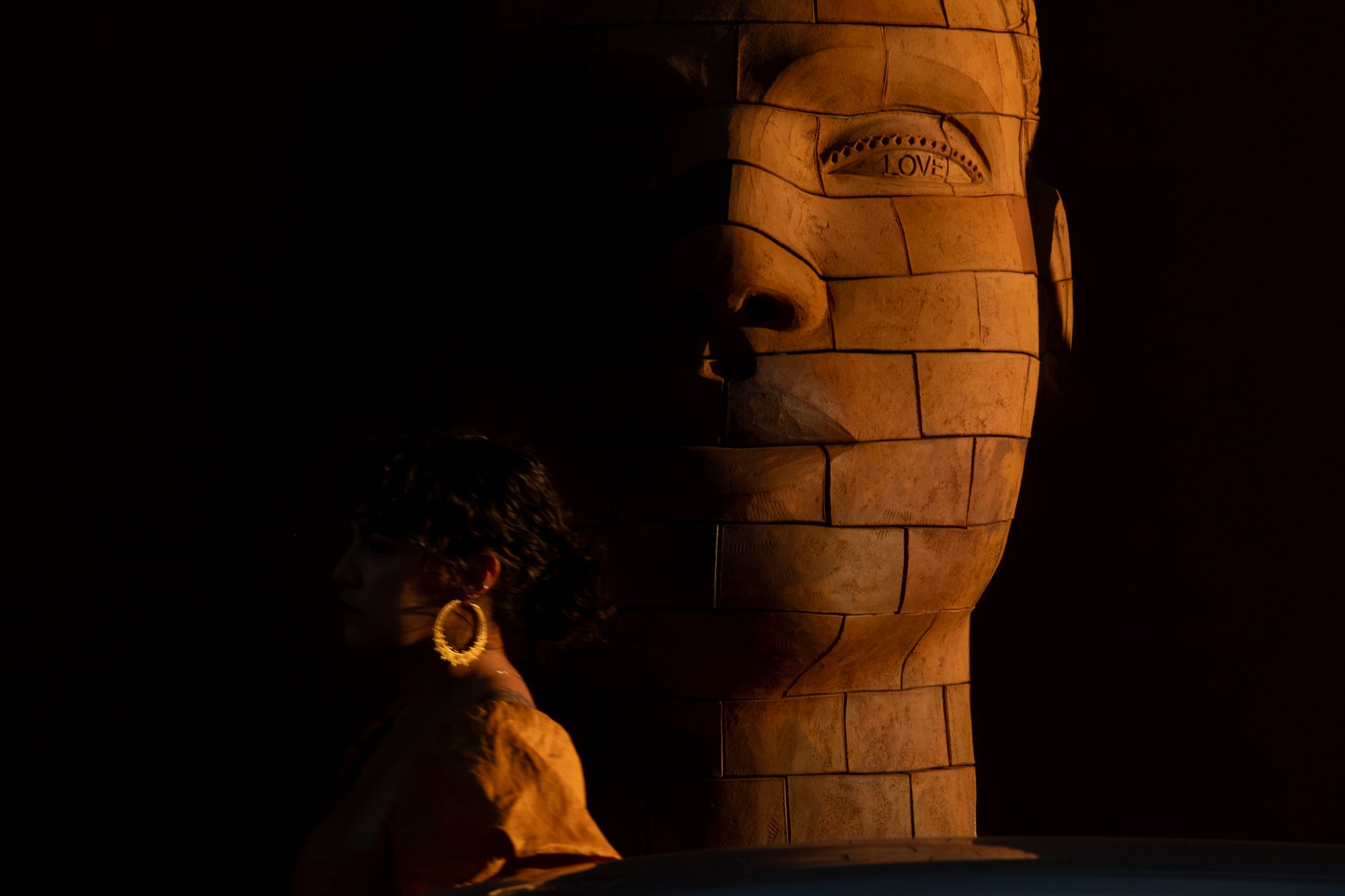








Course Description
A single word reshaped the way MH Rubin saw his photography: haiku. What began as a casual comparison evolved into a deeper exploration, one that revealed unexpected links between poetry and image-making. As Rubin studied the haiku form more closely, he discovered striking parallels between its structure and the visual language of photography. What emerged was a thoughtful approach that blends the principles of haiku with the often indescribable art of seeing. The result is both inspiring and teachable, a way of making images that feels as intuitive as it is expressive.
This six-session online workshop reimagines how you think about composition and storytelling, using haiku as a framework and drawing on examples from photographic masters such as Adams, Tice, Callahan, Kertész, Erwitt, Weston, and others. But it goes further. You explore creative insights from Zen arts such as ikebana (flower arranging), enso (calligraphy), kintsugi (ceramic repair), and bonsai (miniature trees). Like haiku, these practices reflect values of balance, imperfection, simplicity, and a deep appreciation for the fleeting nature of things. Together, they offer a refreshing lens for photography, even shedding new light on Cartier-Bresson’s idea of “The Decisive Moment.”
“Haiku photography” isn’t placid or pictorial; it’s dynamic and demanding. It moves you beyond still-life or street photography into a new way of understanding visual form. It’s approachable at any skill level. As a beginner, you find a more intuitive entry point into composition than rigid rules like the rule of thirds. As an experienced photographer, you discover new ways to experiment and grow. You need no special gear or tricks. It’s not a new invention; it reflects what many photographers have done for decades, now simply described in poetic terms. A visual poetry of the ordinary.
This workshop doesn’t teach meditative photography or lean on Zen philosophy. Instead, you apply practical lessons from these time-honored arts to make stronger, more satisfying images, whatever your subject.
Additional Information
WHO SHOULD ATTEND:
What You Should Know:
Working knowledge of digital workflow. Participants must be able to download and select images using image editing software for class sessions.
Special Notes:
Class will meet 9:30 – 11:30 am (Mountain Time) on Tuesdays and Fridays starting January 6 and ending January 23 (six online group sessions). Enrollment is limited to 12 participants.
Zoom Video Conferencing software (available for no charge from Zoom.com) will be used to facilitate the class sessions. Further details will be emailed to registrants.
Santa Fe Workshops always aims to produce a high-quality experience for our online attendees. That said, variables including regional and local internet provider speeds, traffic on Zoom's servers, and your own computing hardware can contribute to a less than ideal streaming event. While we do our best to minimize the impact of these variables, they are outside the control of Santa Fe Workshops.
Policies:
View Withdrawal and Transfer Policies for online programs.
For the convenience of participants, recordings of each class session are posted privately for one month after the end of each session. Santa Fe Workshops takes the recordings down after one month to protect the intellectual property of our instructors.
Categories
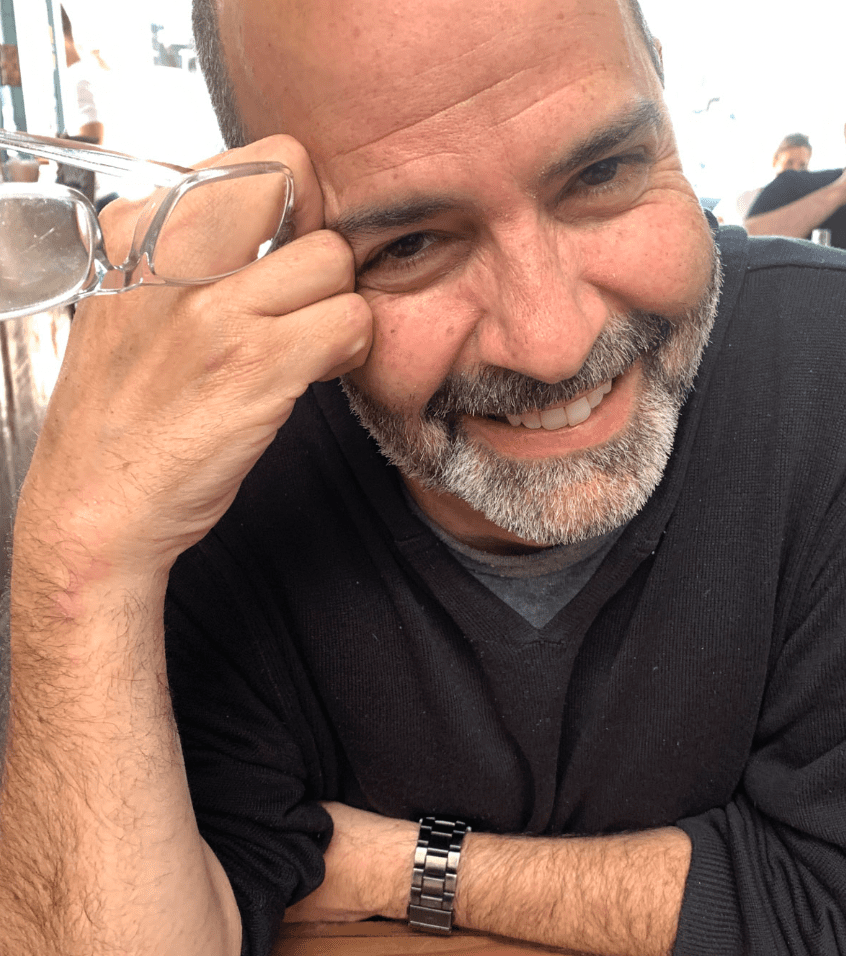
about
M. H. Rubin has been a photographer and collector for more than 40 years, recently relocated to Santa Fe after decades in the Bay Area. As a young protégé of Jerry Uelsmann, he began by creating images that were surreal. Over time he developed a practice that was “pure seeing” and unmanipulated. Today Rubin embraces the passion of the amateur and evangelizes photographic exploration for everyone. He manages a large photo collection of classical 20th-century works, always incorporated into his workshops, and has spent the past years developing this new curriculum in photographic education. His book The Photograph as Haiku was released in 2023.
Concurrent with photography, he has had an entrepreneurial career that has spanned industries such as publishing, consumer retail, entertainment media, and technology. Career highlights include Lucasfilm, Netflix, and Adobe. He has had editing and post-production roles on numerous television and movie projects, including the miniseries “Lonesome Dove,” and the Bertolucci feature “The Sheltering Sky.”
Rubin has a degree in neuroscience from Brown University. He is a colorful storyteller and entertaining educator, the author of hundreds of essays, and a dozen books primarily on filmmaking—including a history of Lucasfilm and Pixar, Droidmaker: George Lucas and the Digital Revolution.
Website: byrubin.com
Medium: neomodern.medium.com
Instagram: @droidmaker


